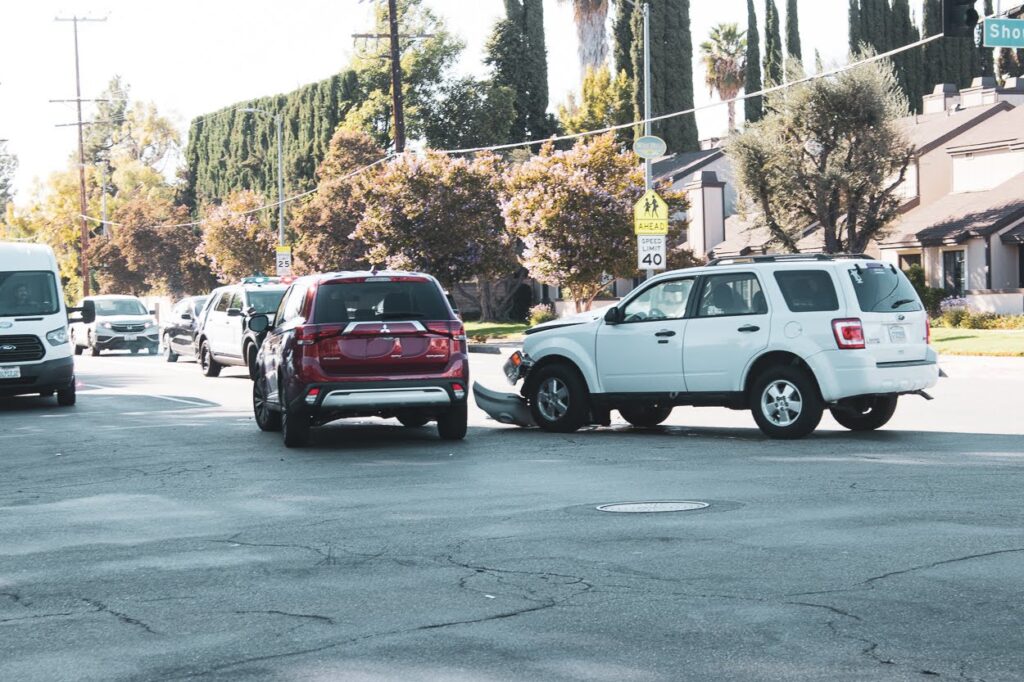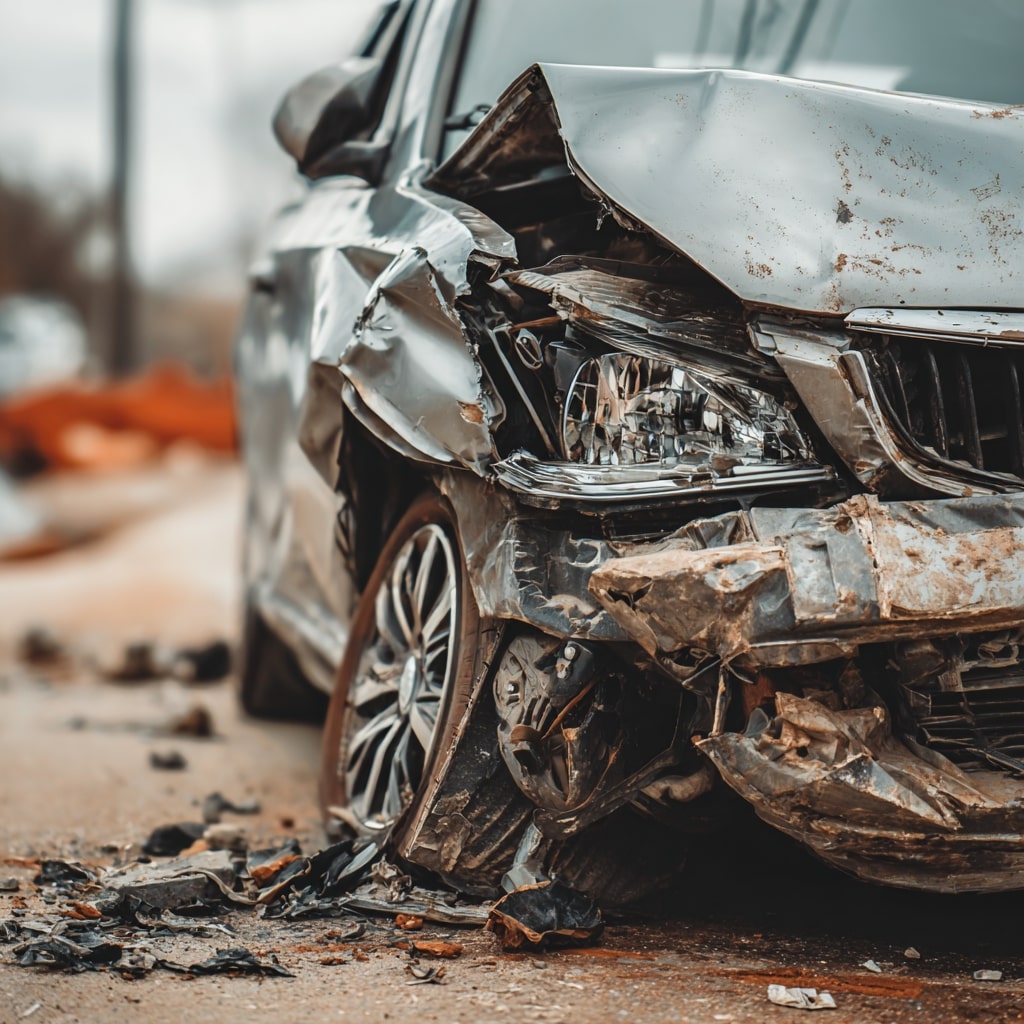Even those who swear they would never drive after drinking alcohol have probably driven when they’re feeling tired. Most people have had the experience of yawning behind the wheel, as the road noise and the monotony make them feel fatigued. Some may even have had the experience of jerking back awake, having suddenly nodded off for a second while driving.
What’s interesting is that both of these activities carry a very similar type of danger. It’s important for drivers to understand this so they can reduce their odds of being involved in an accident.
Slower reaction times
One similarity is that slower reaction times are likely for someone who has been drinking or for someone who is fatigued. These reaction times are very important on the road because drivers need to respond to unexpected things, such as traffic slowing down ahead of them.
Lack of awareness
Similarly, fatigued drivers are generally less aware of what’s happening around them. Even when they feel like they’re driving appropriately, they may not be paying as much attention to the other vehicles, which means that they’re not really being a defensive driver.
Mental fog and confusion
Finally, being tired can just make your brain feel foggy and it’s easier to get confused. This could lead to some driving mistakes, such as turning the wrong way down a one-way road or not seeing a stop sign in time.
Have you been injured?
You can’t always tell when you’re sharing the road with intoxicated or fatigued drivers – or both. If you end up being injured in an accident that one of them causes, you need to know how to seek financial compensation.




